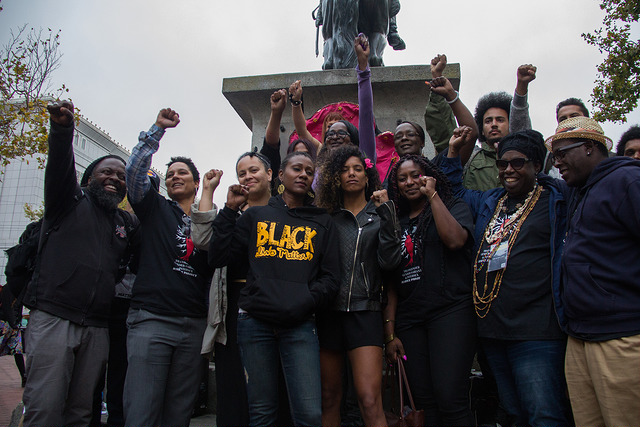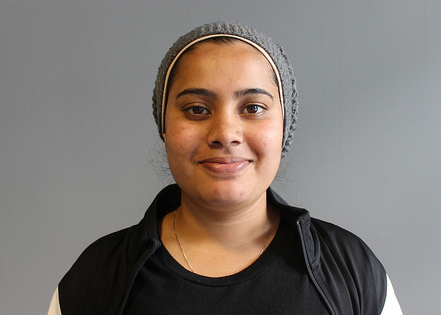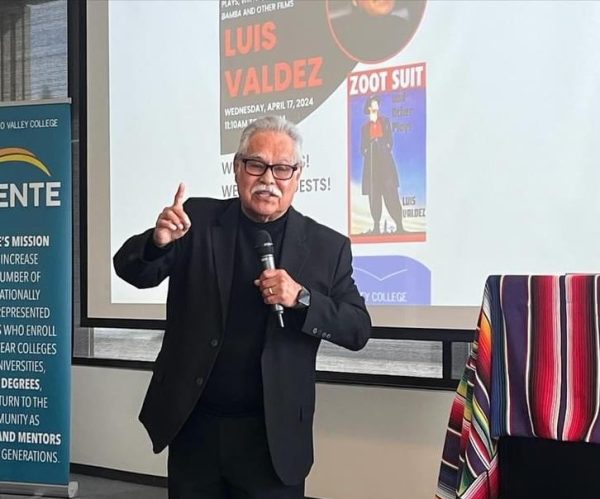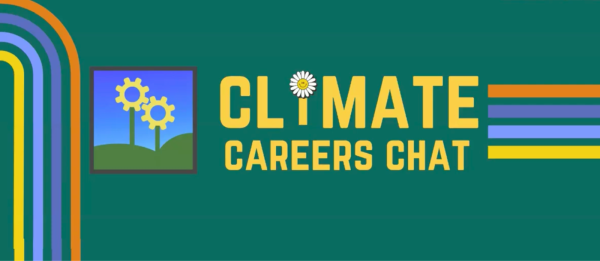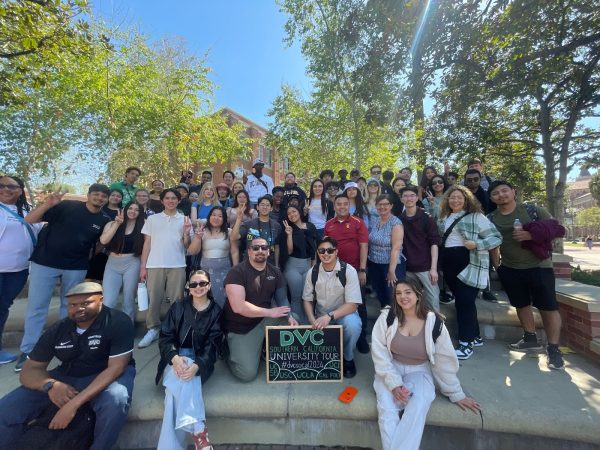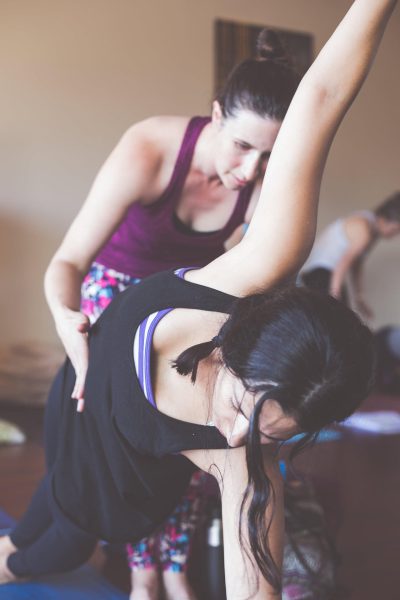The Do’s and Don’ts of Protesting: A Guide to Keeping Safe
Members of the black lives matter movement stand with their fists raised after the end of the rally to stop violence against trans women of color held at the Civic Center Plaza on the 25th of August 2015
May 16, 2017
Protests seem to be a regular occurrence these days, whether you are protesting free speech at Berkeley or attending May Day rallies, when there are large gatherings things can get out of hand.
Here are some do’s and don’ts when it comes to protesting.
Do:
Always make sure that when you attend any rally or protest that you go with a group of people you trust.
Attending with a group is always a good idea. Having someone who knows exactly where you are at all times and can give an exact location instead of a general area is beneficial. You also have someone who can call for help, in the event that you are unable to do anything. There is safety in numbers and people are less likely to try something.
Make sure that you let people know when and where you are planning on attending and give them a time for when they should expect you back.
This is particularly important because in the event that you are arrested or hurt people have an approximate location for where you were last seen, and what you were doing. Someone can also check the police stations in the area to see if you were arrested or were taken to a hospital.
Take cash, proper identification, water and canteen filled with milk or Maalox-and-water.
Water is always important because you don’t know how long you will be out and you don’t want to collapse from dehydration. Cash is important because in case you lose you wallet you won’t have to cancel your cards. ID is always important for obvious reasons, and milk or Maalox-and-water because it counteracts the effects of tear gas.
Be aware of your surroundings.
The situation can change in an instant. One minute you can be at a peaceful protest and the next there is rioting and looting. By paying attention you can avoid being arrested or seriously hurt.
Listen for instructions from the police.
Police give warnings before they start arresting people. Listening to these warnings can help you avoid jail. Or at least more serious charges.
Make sure that you have a meeting point set up away from the actual area of protest.
Having a designated meeting area is important because if you wander off you can wait for your group. It is important that it be away from where the actual protest is so that you are in a safe location in case things go south and you are separated.
Always makes sure that your phone is fully charged before you leave.
Honestly, a dead phone is dead weight. Make sure it’s fully charged so that you can record what is happening so that you have evidence and also so that you can make emergency phone calls if you are hurt or separated from your group.
Keep a paper of emergency contact numbers on you before you leave.
If your phone dies, gets lost, stolen, or if police take it away because you were arrested you have a way to contact people to bail you out. Or if things are really bad and you are knocked unconscious and taken to a hospital they know who to contact.
If things look like they are starting to get out of hand, leave.
You don’t want to be arrested and spend the night in jail. You also really don’t want to end up in a hospital or end up dead because of a dangerous situation. The excuse that you weren’t a part of a particular group doesn’t really work. Police won’t be paying attention to who is doing what, they will arrest people to bring order. There is a line between protesting and rioting and it is always important to make sure that you are aware of if or when your protest crosses that line. While police won’t arrest protesters in mass if it is relatively peaceful, if things start becoming dangerous they won’t distinguish between troublemakers and peaceful protesters and will arrest whoever they see.
Don’t:
Don’t wear dark colors, bandannas, or headgear.
The last thing you want is to be mistaken for another person. Dark colors, while helping you blend in, also screams “I’m here to make trouble!” at police. Bandannas can be mistaken for gang associations or used to strangle the wearer and headgear, especially stuff that obscures your face can lead to trouble with the police. Don’t wear headgear because you’re making yourself an obvious target and to people looking for a fight it screams “hit me over the head with a beer bottle!”
Don’t bring bags or anything that can be considered a weapon
You’ll be arrested if things get bad and you look suspicious with an overly-large backpack. You’ll be on your feet for hours walking around. You want to make things easy on you and not carry something heavy. You also want to be able to make a quick getaway if things get dangerous.
Don’t antagonize anyone by getting in their face
You’re going to get punched or beat up. Other people have a right to voice their opinion just as you are. Even if you do not agree they have the same rights as you.
Don’t have your nose buried in your phone
You’re at a protest, you should be paying attention to what is going on around you. Someone can come up to you and hit you with a bat and you won’t see it coming. You want to be able to defend yourself. You also don’t want someone to steal your phone from right under your nose.
Don’t bring any kind of hard plastic or glass
It can be used as a weapon. Either you will be hurt by it or someone else will be. You also don’t want to be stuck carrying something like that around.
Don’t bring alcohol.
You run the risk of being arrested by police. It’s already a dangerous environment; tension and emotions are already high and alcohol will impair your judgment.
Don’t try to be a hero and take care of confrontations yourself; locate police and let them know what is happening.
The person you are going against probably had friends who are bigger than you and they WILL hurt you. You will more than likely either be arrested or end up in a hospital.
Don’t destroy any property.
It’s illegal and you will probably be caught and go to jail. That first part should be enough of a warning, but I will elaborate. You are not covered under the first amendment if you destroy property. You only have the right to peaceful assembly.





































































